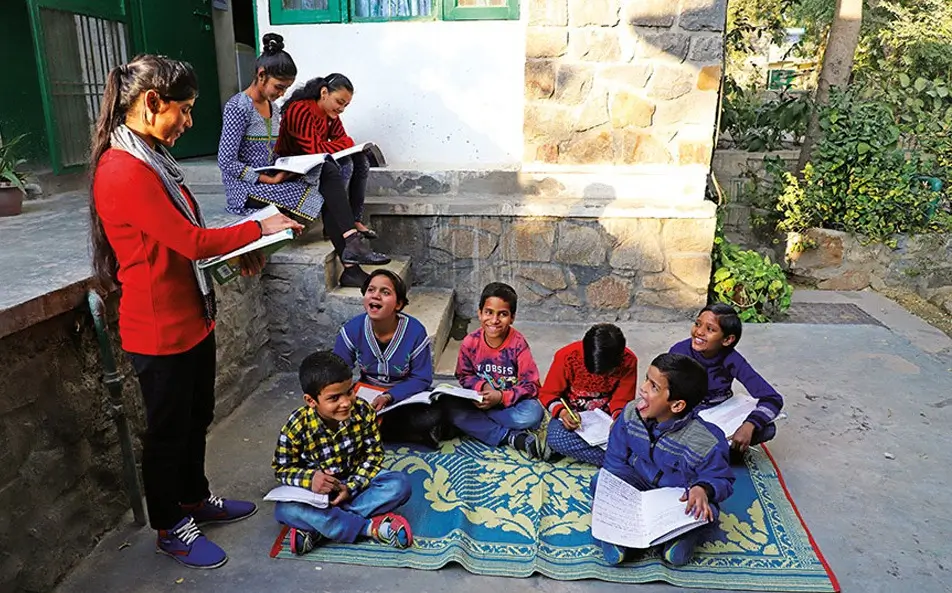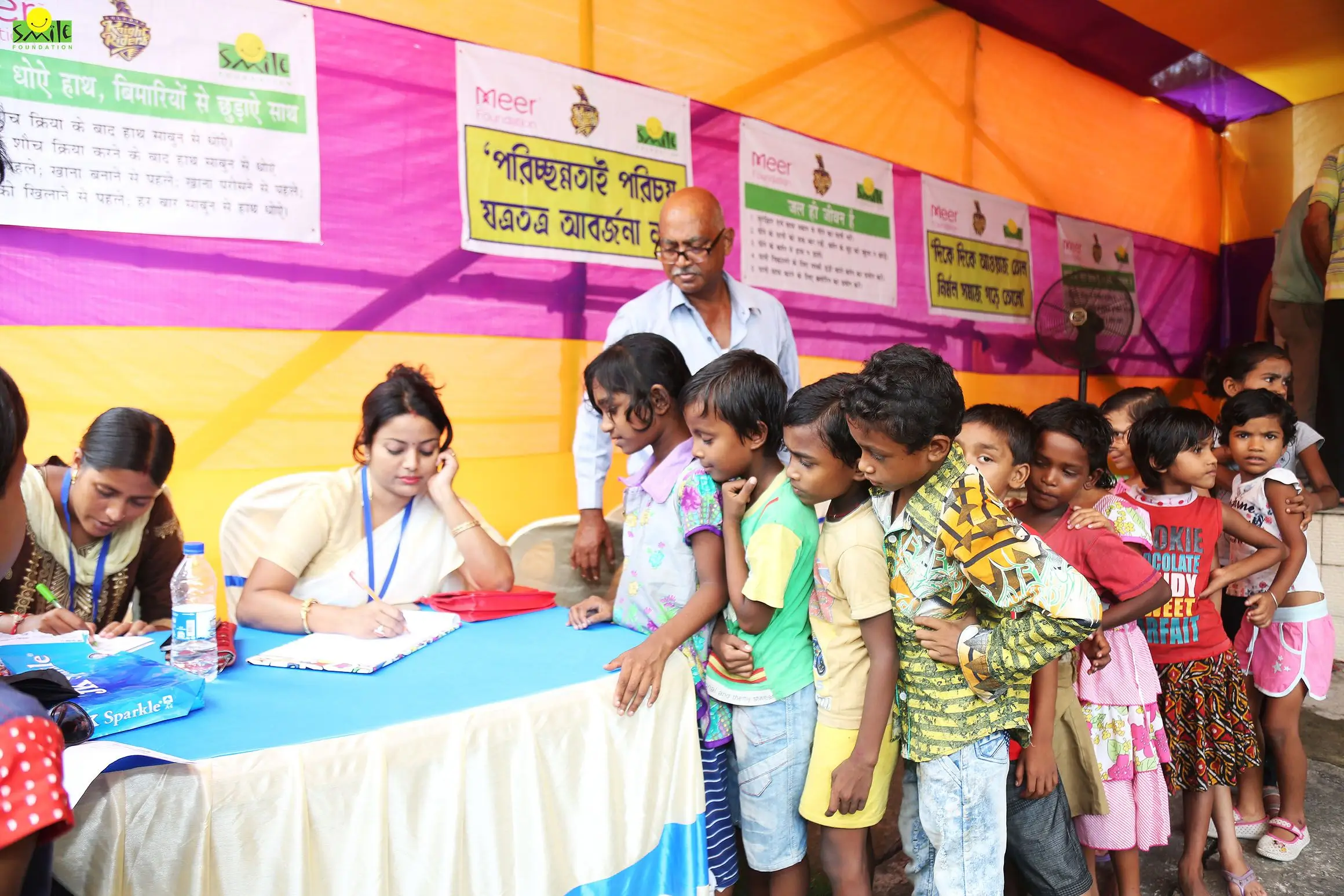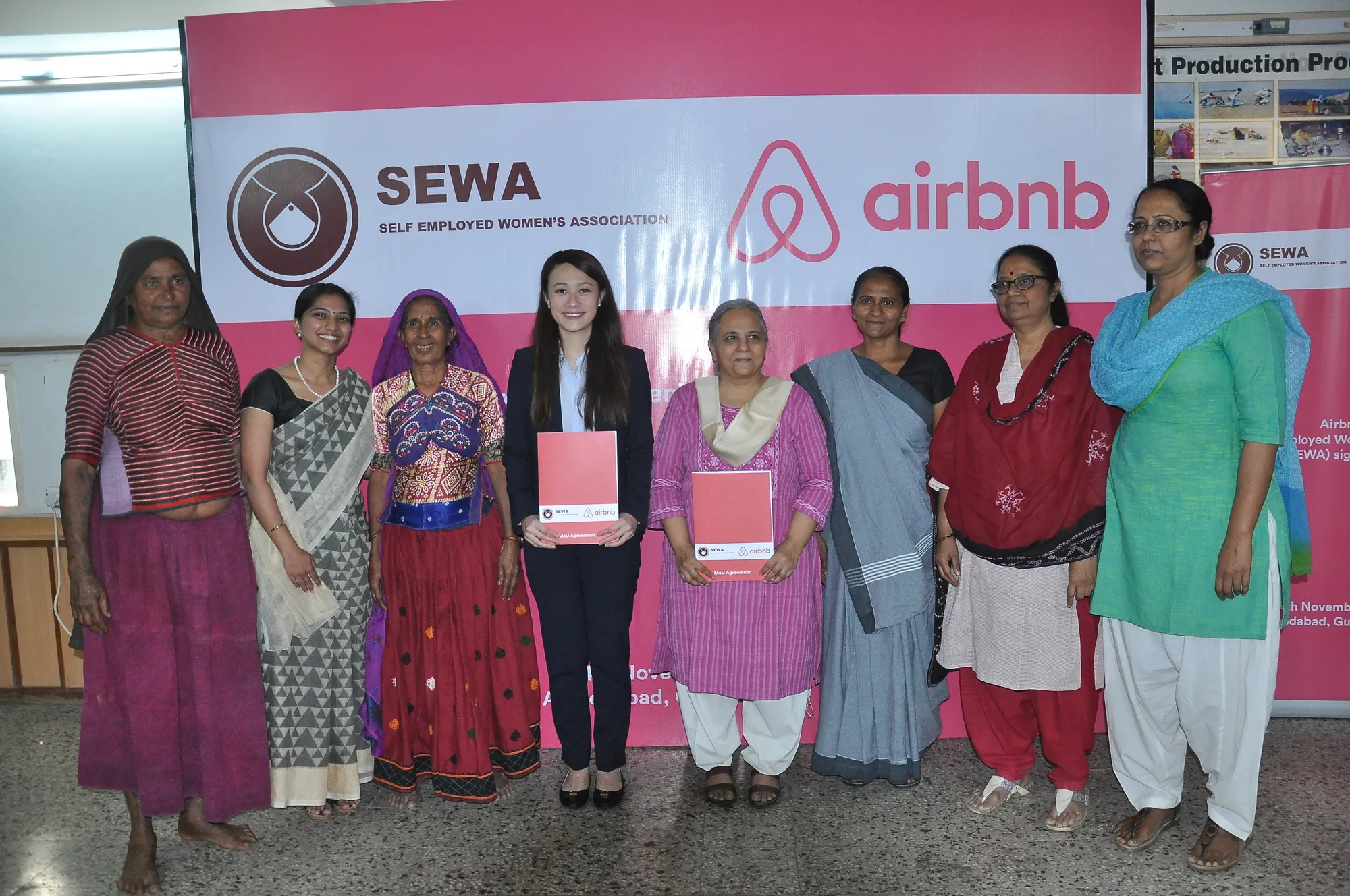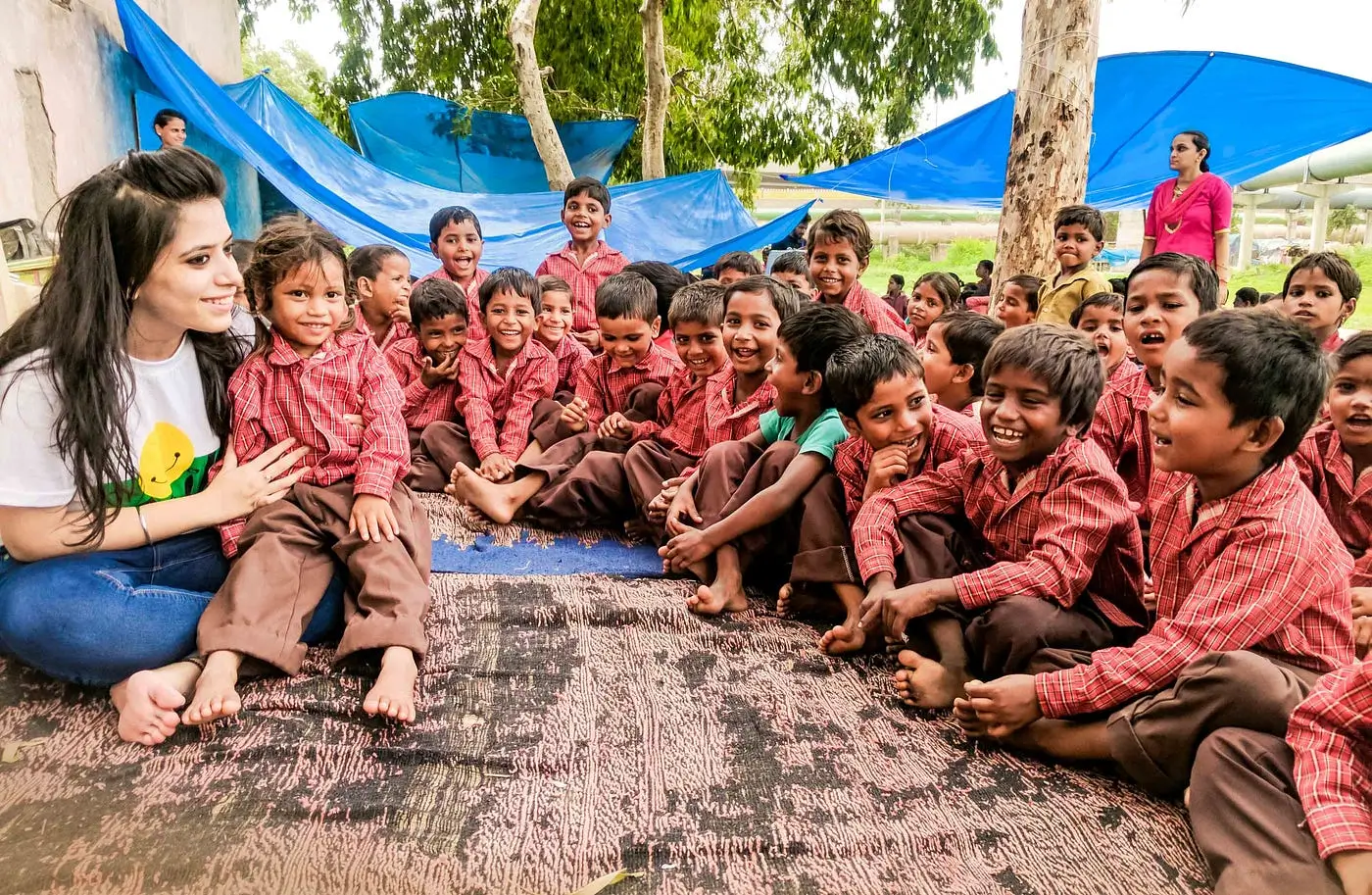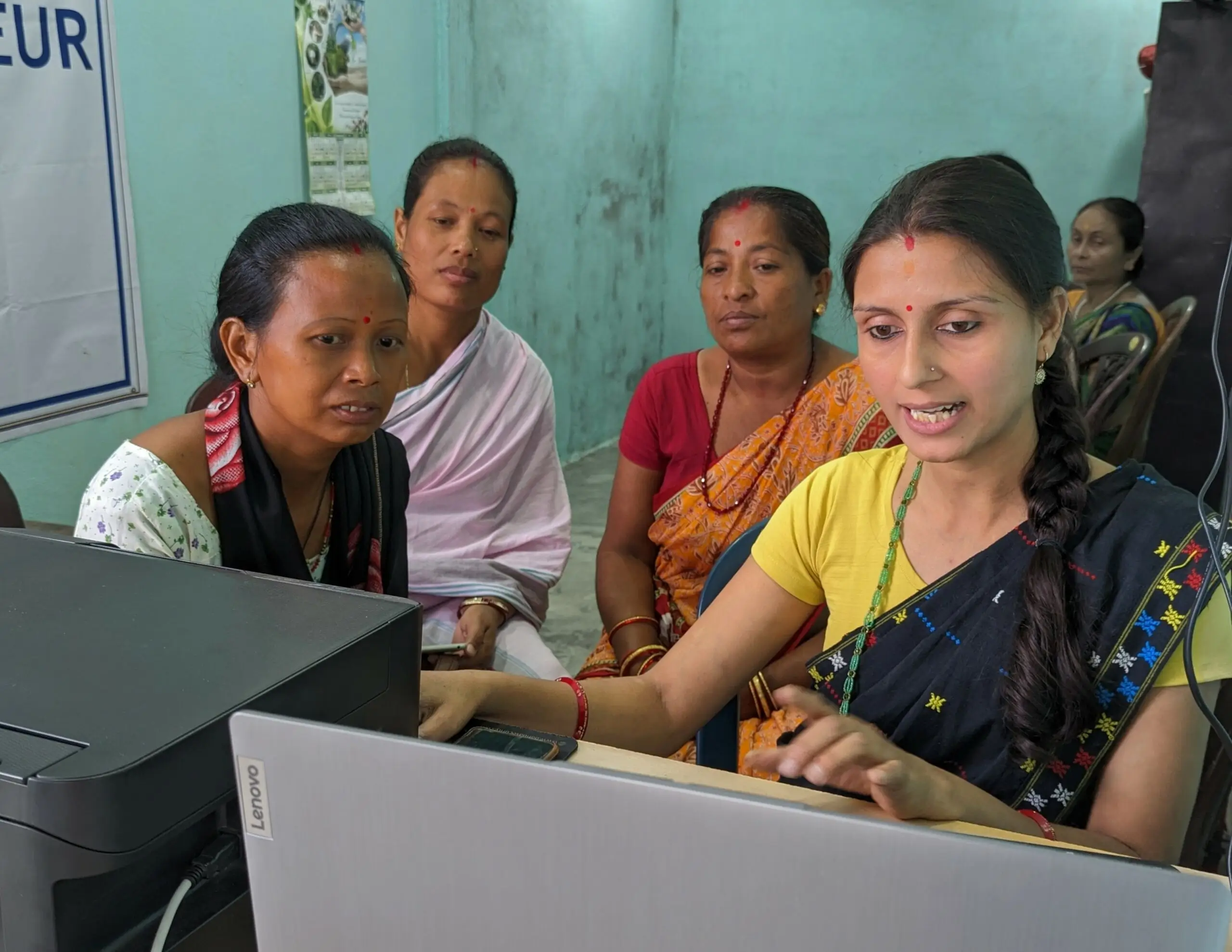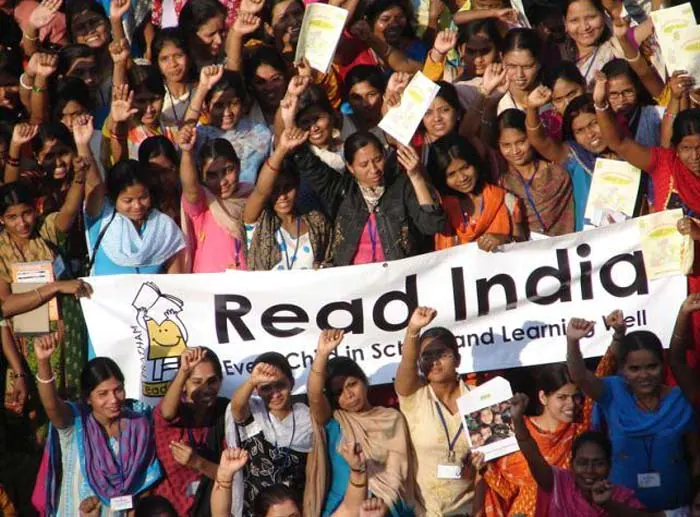
The United Indian

Non-governmental organizations (NGOs) have long played an essential role in India's economy and society. They facilitate communication between the government, the business sector, and the general public. Because they care about people and aim to make the world a better place, these organizations work on a variety of issues, including human rights, education, and health. Role of NGOs in India has expanded and changed over the last few years, demonstrating their importance to the country's growth.
How Non-Governmental Organizations Are Playing a Greater Role in Education
Lighting the way to literacy- Despite the government's significant investment in education, India's educational system continues to face challenges such as access, quality, and fairness. To remedy these gaps, non-governmental organisations (NGOs) have come up with unique solutions.
The Pratham Education Foundation, founded in 1995, is an example of an organization dedicated to improving the quality of Indian institutions. Pratham's Annual Status of Education Report (ASER) is one of the most dependable sources of data on children's academic achievement in rural India. The 2023 ASER survey found that, despite a minor increase in literacy rates, considerable discrepancies persist, particularly in rural areas. Pratham's remedial education programs have had a direct influence on over 50 million youngsters. This highlights the role of NGOs in India to make a change in the region.
Healthcare: Enhancing Its Accessibility
The healthcare system in India is frequently plagued by inadequate facilities and a scarcity of physicians and nurses, particularly in rural regions. NGO's are crucial for the enhancement of hospital services.
For instance, the Smile Foundation has played a significant role in ensuring that individuals who lack access to healthcare receive it. Their "Smile on Wheels" mobile medical units have facilitated the access to medical services for over one million individuals in rural areas. Talking about the roles of NGOs in India, let’s not forget that they were at the forefront of the COVID-19 pandemic, providing critical services, disseminating information, and assisting with vaccination campaigns. The Goonj Foundation allocated surplus funds from urban areas to assist rural residents. This demonstrates the significant impact that creativity and resourcefulness can have on society.
Increasing Women's Power And Promoting Gender Equality
Giving women more power is important for the overall growth of any country. In India, many non-governmental organizations (NGOs) work hard to support women's rights and equal rights for men and women.
SEWA, or the Self Employed Women's Association, is one of the oldest and largest NGO projects in India supporting women's groups. It was formed in 1972. Its main goal is to give women the chance to work for themselves and be financially independent. SEWA's integrated approach combines financial services, health care, child care, and building women's skills to help them make a living that will last. As of 2023, SEWA had given more than 2 million women in India more power.
Guardians of Nature: Protecting the Environment
The earth has suffered greatly from India's quick industrialization. Environmentally friendly measures that last are promoted and implemented in large part by NGOs.
Leading the charge in environmental protection by opposing pollution, climate change, and tree felling has been Greenpeace India. They succeeded in drawing notice to significant environmental issues and obtaining legislative changes. A lot of people have supported their most recent campaign against plastic pollution, and several locations have outlawed single-use plastics.
Upholding Justice and Dignity in Human Rights
India is a very different and crowded country, so making sure that everyone's human rights are respected is very hard. Various NGO projects in India often keep an eye on things and speak up for people who are being mistreated or left out.
The Indian branch of Amnesty International has spoken out strongly for human rights, focusing on problems like police brutality, freedom of speech, and the rights of minorities. Even though they have problems running their business, they continue to expose violations of human rights and fight for justice and responsibility.
New Developments And Problems
NGO projects in India have had to deal with more scrutiny and rules in the past few years. In 2020, changes were made to the Foreign Contribution (Regulation) Act (FCRA) that made it harder for NGOs to get and use foreign funds. For smaller organisations that rely heavily on overseas funds, in particular, this has made their work far more difficult.
Although enhanced accountability and openness are the intended outcomes of these regulations, some claim they impede the sector's ability to function effectively. Finding a fair approach to ensure accountability without impeding the ability of NGOs to carry out their mission is more crucial than ever.
Technology and New Ideas
NGOs can now reach and interact with their target groups in new ways thanks to the digital revolution. Technology is being used to make things more open, more efficient, and more accessible.
The Digital Empowerment Foundation (DEF), for instance, uses technology to give people in underprivileged groups more power. Over a million people have learned how to use technology through DEF's programs, closing the digital gap and giving people access to important information and services.
Partnering and working together
More and more often, NGO projects in India, the government, and the business sector work together, which makes development models that are more holistic and long-lasting.
The Public Health Foundation of India (PHFI), which was set up as a joint public-private effort, is an example of this kind of partnership. Through study, education, and policy advocacy, PHFI works to make public health systems stronger. Working together with both public and private groups, they were very important in handling the health issue well during the pandemic.
The Way Forward
Without a question, the role of NGOs in India is very important does a lot of different things. In addition to providing important services and speaking up for underrepresented groups, they also come up with new ideas and motivate people to make changes in society. Non-governmental organizations (NGOs) keep adapting and growing even though they face many problems, such as legislative problems and limited funds. Their goal is to support social justice and equality, which is why they are doing this.
To reach its growth goals, India needs to acknowledge and support the work of non-governmental organizations (NGOs). Setting up an environment that encourages openness, teamwork, and new ideas is important to make this happen. The role of NGOs in India will continue to be very important for current social change. They show that real change is not only possible, but also inevitable when people work together and don't give up.
In India's past, the growth of non-governmental organizations (NGOs) is a great example of how strong local groups can be and how they can bring about revolutionary change in a country. The story of their lives shows how they overcame hardships, came up with creative solutions, and never gave up on their goal to help others. We need to help and develop these poor groups if we want to make India a better place to live and build a fairer society.
Read more in Social Cause
Jul 13, 2025
TUI Staff
Jun 28, 2025
TUI Staff

Stay Tuned with The United Indian!
Our news blog is dedicated to sharing valuable and pertinent content for Indian citizens. Our blog news covering a wide range of categories including technology, environment, government & economy ensures that you stay informed about the topics that matter most. Follow The United Indian to never miss out on the latest trending news in India.
©The United Indian 2024

